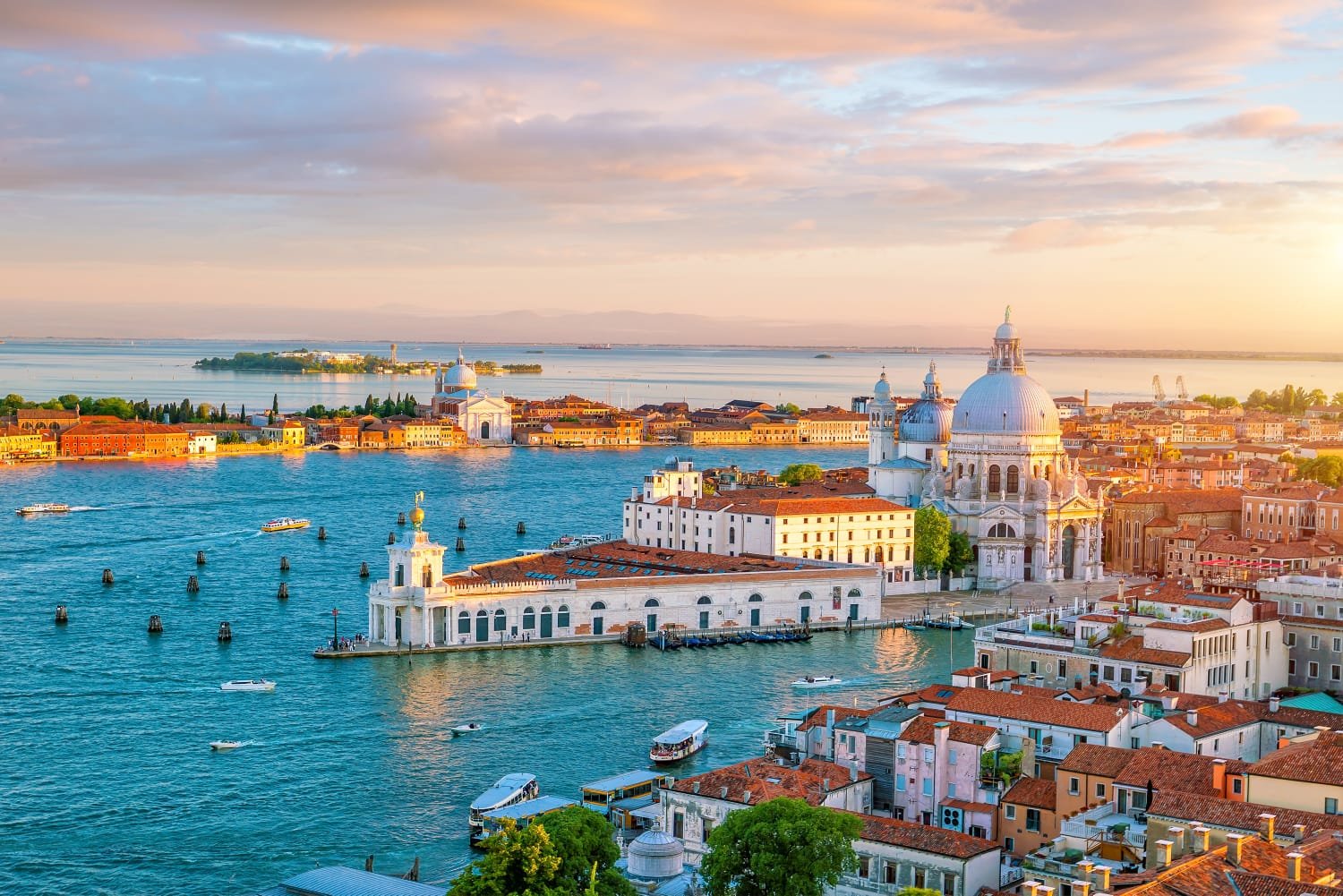Venice city officials have announced that soon, day trippers wanting to explore the historic area will need to make advance reservations and pay a 5€ entry fee.
Initially announced in September 2023, the initiative, aims to address overtourism and incentivize tourists to visit during quieter periods. The entry fee will be implemented as part of a temporary pilot program, set to commence on April 25 and run for an additional 29 days, primarily on weekends and holidays until mid-July, according to the New York Times. On specified days, all visitors to Venice will be required to register their presence by completing an online form on the Venice Access Fee website. Officials state that the collected data will assist in effectively managing and planning for visitor numbers.
Certain groups will be exempt from this fee, including individuals staying overnight in Venice for leisure, work, family visits, or educational purposes, as well as Venice natives and minors under 14. Mayor Luigi Brugnaro clarified that the city will not impose limits on the number of visitors allowed under the new policy.
According to further reports, after registering on the website, visitors will receive a QR code, which will be active from 8:30 a.m. to 4 p.m. This code must be presented at various entry points such as the train station, Piazzale Roma, municipal parking areas, specific beach locations, and St. Mark’s Square. Additionally, random checks will be conducted throughout the city. Currently, individuals arriving in Venice without a QR code can purchase one either on their smartphones or at designated kiosks near entry points. Officials have cautioned that violators of the regulations may face fines ranging from €50 to €300, along with a €10 fee.
In recent years, the historic city of Venice has grappled with preserving its unique identity amidst challenges posed by climate change, escalating sea levels, and the effects of mass tourism. Consequently, Venice authorities have implemented several measures, including the forthcoming prohibition of large tourist groups and loudspeakers. This policy, slated to take effect in June 2024, is geared towards more effectively managing overtourism and safeguarding the city's heritage.

